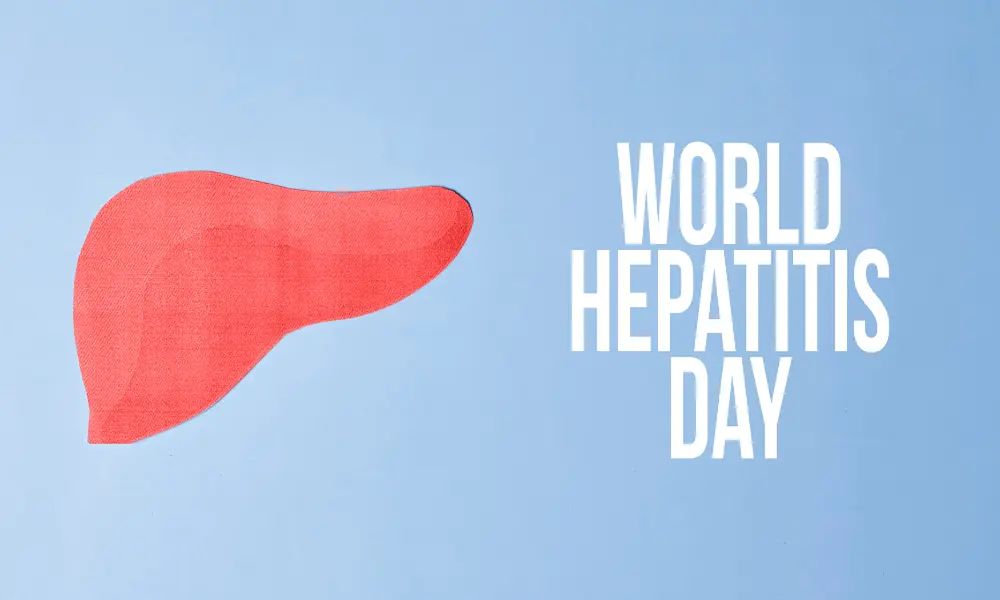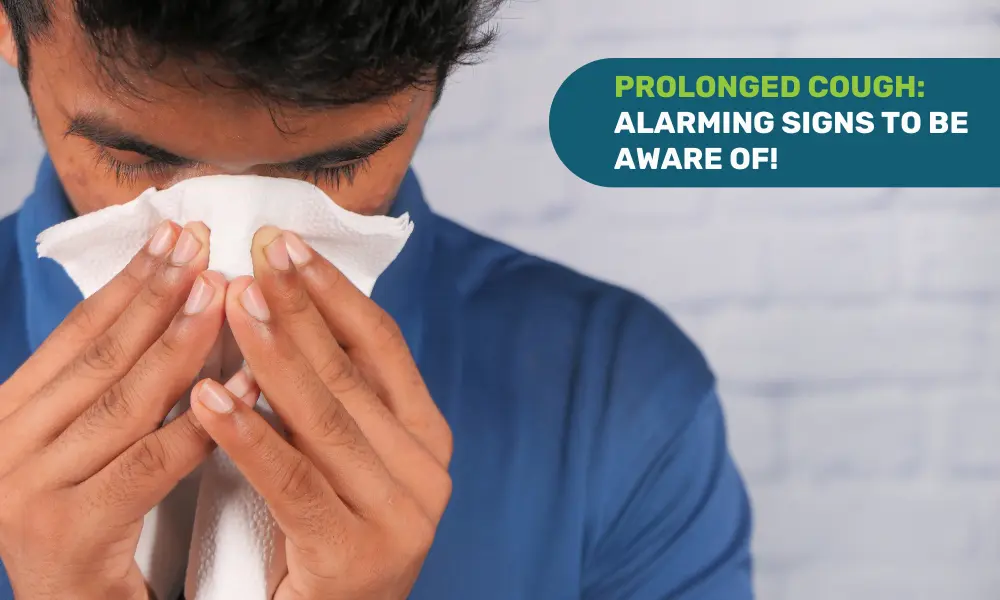July 28 of every year is celebrated as World Hepatitis Day, to spread awareness about this disease among people worldwide. This article intends to highlight preventive measures against Hepatitis.
Hepatitis refers to a medical condition where an inflammation of the liver is developed. This is caused by several factors like viral infections, alcohol consumption, toxins, and autoimmune diseases.
The hepatitis viruses are categorized into five main types : A, B, C, D, & E. Hepatitis A and E often spread through contaminated or spoilt food and water. And Hepatitis B, C, and D are primarily transmitted via blood and bodily fluids.
Symptoms of Hepatitis can range from mild, such as fatigue and nausea, to severe, including jaundice, dark urine, and abdominal pain. Chronic hepatitis B and C can cause severe complications like liver cirrhosis and cancer. Vaccinations are available for hepatitis A and B, providing effective prevention. Early identification, diagnosis, and treatment are crucial for managing Hepatitis with antiviral medications.
To prevent this disease, understanding lifestyle habits that increase the risk of Hepatitis is crucial.
Lifestyle habits increase the risk of Hepatitis.
-
Unhygienic food and water consumption: Consuming food or water contaminated with the hepatitis A or E virus can lead to infection, especially in areas with poor sanitation.
-
Poor hand hygiene: Not washing hands properly after using the bathroom or eating can spread hepatitis A and E.
-
Intravenous drug use: Sharing needles or other drug paraphernalia can transmit hepatitis B and C. Contaminated equipment is a major route of transmission among drug users.
-
Healthcare exposure: Healthcare workers are at risk due to potential exposure to body fluids and infected blood. This requires proper use of protective gear and safe handling of needles and other sharp instruments.
-
Blood transfusions and organ transplants: Receiving blood transfusions or organ transplants from infected donors can transmit hepatitis B and C. This is more of a risk in regions where blood screening is not stringent.
-
Unsafe sexual practices: Unprotected sex can cause transmission of hepatitis B and C from the infected person. These viruses can spread by coming in contact with infected body fluids. Multiple sexual partners increase the risk of exposure.
-
Tattooing and piercing: Getting tattoos or body piercings in unregulated settings where equipment might not be properly sterilized can lead to hepatitis B and C infections.
-
Close household contact: Living in close quarters with someone infected with hepatitis B or C increases the risk, particularly through shared personal items like razors or toothbrushes.
Preventive measures
-
Vaccination: The best method of preventing hepatitis is taking vaccines. These vaccines are available for hepatitis A and B. Getting vaccinated is a key preventive measure.
-
Proper sanitation: Ensure good sanitation practices to prevent the spread of hepatitis A and E.
-
Safe needle practices: Avoid sharing needles for drug use, tattoos, or piercings. Use only sterile equipment and reputable professionals for body modifications.
-
Hygienic practices: Ensure proper handwashing and avoid sharing personal hygiene items. Consume safe, well-cooked food and clean water.
-
Regular screening: Regular testing for Hepatitis, especially for those at high risk, can help in early detection and treatment.
-
Safe sex practices: Using condoms and having mutually monogamous relationships can reduce the risk of hepatitis B and C.
Awareness and education about the lifestyle habits that increase the risk of hepatitis are crucial for prevention. By adopting safe practices and utilizing available preventive measures like vaccination and proper hygiene, individuals can significantly reduce their risk of contracting hepatitis. Being aware about symptoms and staying away from risk factors can help in reducing the chances of developing this disease.





